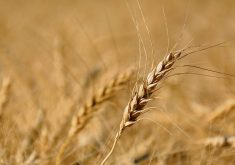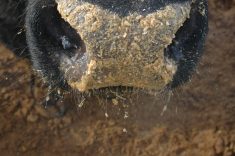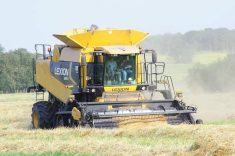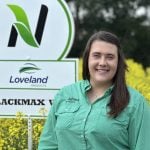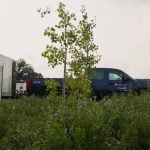A Vancouver company isolating proteins from canola for use in food ingredients has picked up a “notice of allowance” from the U.S. Patent and Trademark Office for the main protein in its compound Puratein.
The notice covers the dominant species of protein for a “composition of matter” patent, meant to protect the proteins in Burcon NutraScience’s product through a patent on its “signature characteristics.”
Puratein is a canola protein isolate mainly made up of globulin proteins for uses such as emulsification, gel formation, thickening, formation of heat-stable foams, and water and ingredient-binding.
Read Also
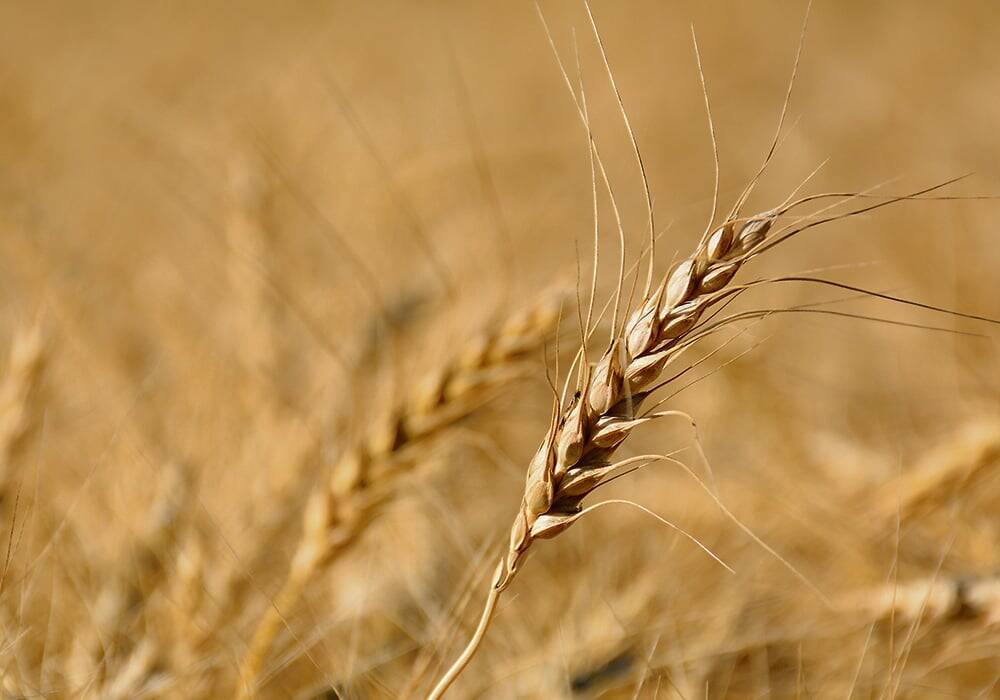
Eastern wheat to be included in Cereals Canada’s harvest assessment
For the first time, Eastern wheat classes will be included in the annual harvest assessment completed by Cereals Canada.
Applications for Puratein include dressings and sauces, meat substitutes, baked goods and protein bars, among others, the company said last week.
Burcon president Johann Tergesen described Puratein as an “excellent emulsifier that can form opaque heat-induced gels and as such it can be used to replace egg protein in certain applications.”
A “notice of allowance” is a notification that a U.S. patent has been granted, pending the issuing of a U.S. patent number, according to Burcon CFO Jade Cheng.
Many Canadian companies seek U.S. patents, as they carry legal weight equal to Canadian patents in Canada and are also respected in a wider number of markets overseas.
The patent, the company’s first for “composition of matter,” protects Burcon’s protein retroactive to April 15, 2003, when it first applied for the patent.
The company has previously filed for patents on its extraction processes, and on other processes to extract the same protein whether they’re commercially viable or not.
“Such filings have been made as part of Burcon’s defensive strategy to gain as much protection in the protein extraction and purification space as possible,” the company said.


